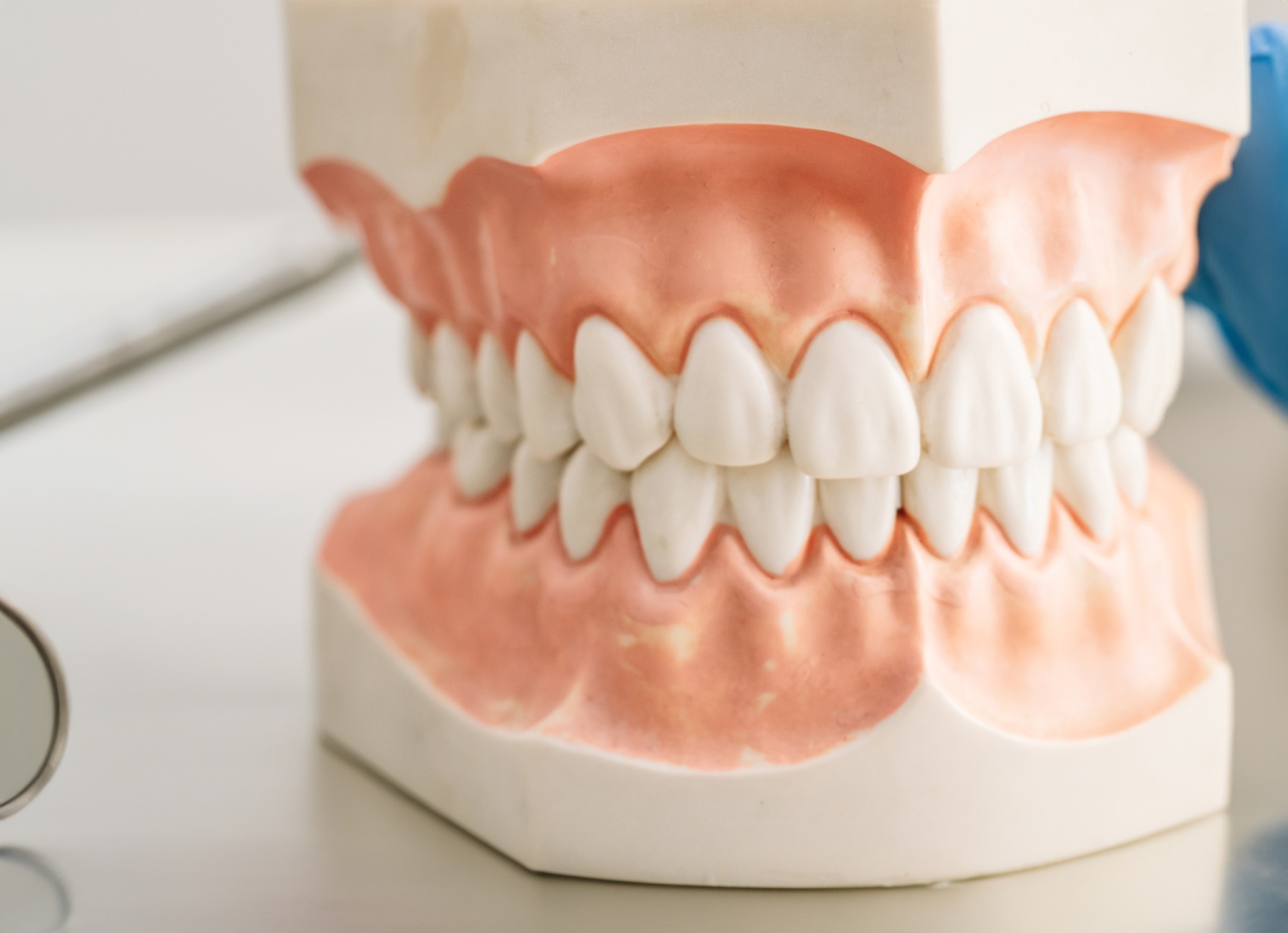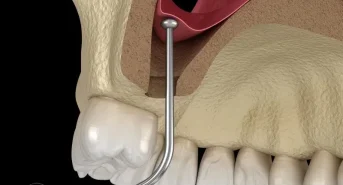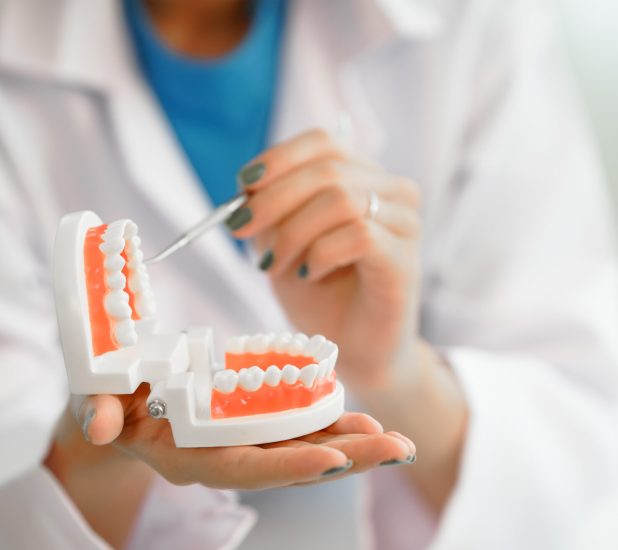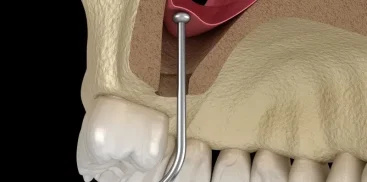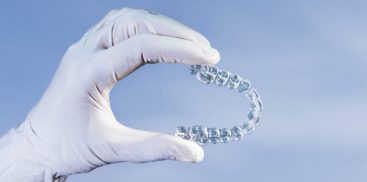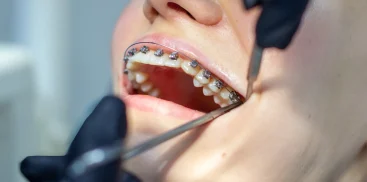Awkward discomfort in the teeth that occurs after consuming cold or hot food is called sensitivity, often unaware that it may be the first symptoms of dangerous tooth structure damage, referred to by dentists as dental acid erosion. This is a signal that should not be underestimated but immediately consulted with a specialist.
Dental acid erosion is flat, smooth, and difficult to notice defects in the tooth structure (first in the enamel, and later also in the dentin), caused by chemical reactions under the influence of acids. They appear in various parts of the tooth surface, usually in different places than cavities. They usually do not occur on proximal surfaces, cervical areas, or in fissures and incisal edges. In advanced stages of the disease, teeth become dull, rough, slightly yellow, or even translucent. They are also exceptionally brittle and prone to mechanical damage. This condition can lead to damage to the tooth pulp and require root canal treatment. Acid erosion in the initial stages is difficult to notice, and diagnosis can only be made by a specialist dentist.
What Causes Dental Acid Erosion?
Both external and internal substances cause dental acid erosion. Among the most dangerous external substances are cola drinks and other acidic beverages, fruit juices, alcohol, fruits (especially citrus fruits), and some vegetables (such as asparagus, sorrel, Brussels sprouts). All these products cause a significant decrease in pH in the oral cavity. Systemic diseases can also cause enamel erosion. An internal substance that can destroy the tooth surface is stomach acid, which can come into contact with teeth during vomiting or as a result of gastric contents reflux during heartburn or gastroesophageal reflux. Salivary secretion disorders (caused, for example, by certain medications) can also lower the pH of the oral cavity.
How to Treat Damaged Teeth?
The formed enamel defects are irreversible. The efforts of the dentist focus on stopping the progression of the disease, performing fillings, and alleviating pain symptoms. It is essential to eliminate the cause of erosion by treating the disease that causes it or changing dietary habits, as well as implementing proper oral hygiene. Gentle toothbrushes that will not excessively wear down the enamel and mouth rinses are recommended. Fluoridation is also used to strengthen teeth and reduce pain associated with sensitivity to cold and hot foods.
